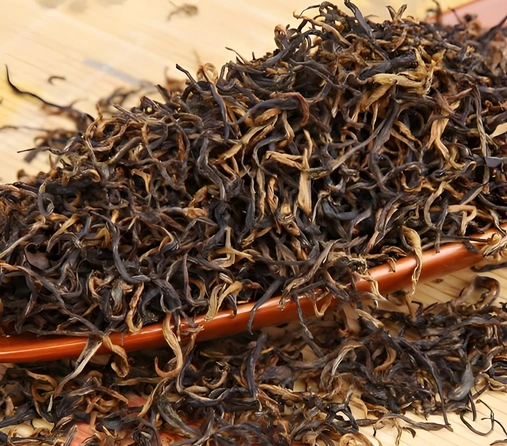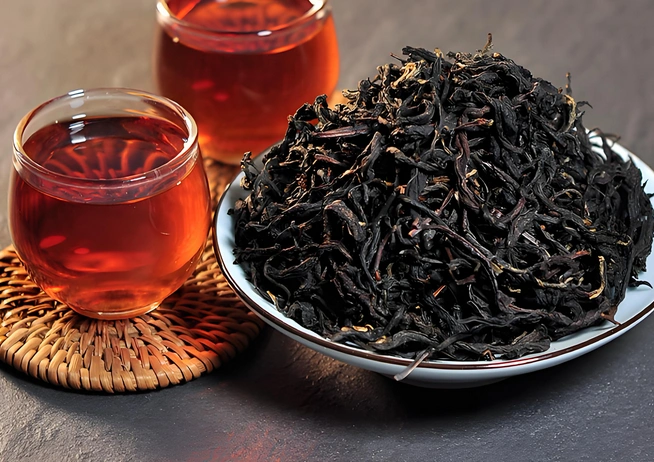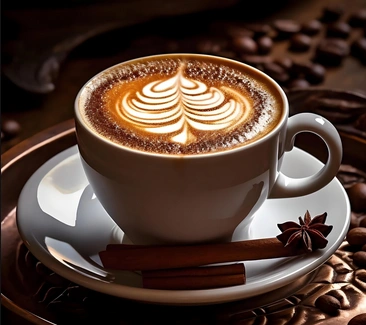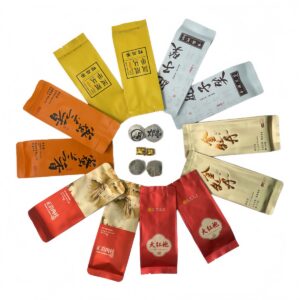Black tea caffeine content greets you like a gentle sunrise—steady warmth that stirs your senses without the harsh jolt of espresso. Each amber infusion carries a promise of alert focus, sustained energy, and comforting ritual. Whether you’re seeking black tea as coffee alternative to calm mid-morning nerves, a black tea for office workers companion to sharpen afternoon productivity, or a black tea for study focus to power through late-night review sessions, understanding caffeine content is key.
In this guide, we’ll explore how caffeine forms in black tea, what factors influence its levels, and practical tips for customizing your brew—transforming every cup into a tailored boost for body and mind.

Understanding Black Tea Caffeine Content
Black tea’s caffeine arises from the plant’s natural defense compounds. During full oxidation, enzymes convert leaf catechins into richer polyphenols, while caffeine remains intact. On average, a standard 8-ounce cup of black tea contains 40–60 mg of caffeine, roughly half the amount in drip coffee. Yet brewing variables can swing that range:
- Leaf Grade & Season: First-flush, bud-only teas (e.g., Jin Jun Mei) pack more caffeine than autumn harvests.
- Water Temperature: Near-boiling water extracts caffeine more rapidly.
- Steep Time: Each additional minute can add 10–15 mg of caffeine.
By mastering these elements, you can tune your cup from a gentle nudge to a brisk lift.
Factors That Affect Caffeine Levels in Black Tea
Leaf Grade and Harvest Season
Premium whole-leaf teas, especially those plucked as early spring buds, concentrate more caffeine. Look for region-coded labels—spring-harvest Fujian black tea or Yunnan black tea often yield stronger infusions than mass-market tea bags.
Brewing Parameters: Temperature & Steep Time
- Temperature: 95–100 °C maximum for full extraction.
- Steep Time: 3 min for a moderate cup (≈40 mg); 5 min for a robust brew (≈60 mg).
Loose Leaf vs. Tea Bags
Tea bags typically contain fannings or dust, which infuse quickly—often releasing caffeine within the first minute. Loose-leaf allows more control, spreading extraction across multiple short infusions or a single balanced steep.

Black Tea as Coffee Alternative
Swapping your latte for black tea offers:
- Gentler Stimulation: Moderate caffeine meets L-theanine to promote calm alertness.
- Antioxidant Boost: Theaflavins protect cells while you sip.
- Digestive Comfort: Lower acidity eases stomach upset common with coffee.
Transition tips:
- Start with a 3-minute steep of robust Assam or Yunnan black tea.
- Add a splash of milk or a cinnamon stick for familiar “latte” notes.
- Gradually replace one coffee per day until you savor black tea’s nuanced lift.
Black Tea for Office Workers
In busy offices, black tea for office workers is both ritual and refuge:
- Sustained Energy: Avoid late-afternoon slump without crashing.
- Productivity Ritual: A 5-minute brewing break resets focus.
- Easy Setup: A tea infuser or single-serve bag at your desk makes brewing seamless.
Choose teas like Keemun Black Tea for its versatile flavor—subtle fruity top notes and a clean finish—ideal for workday sipping.
Black Tea for Study Focus
When deadlines loom, black tea for study focus is your ally:
- L-Theanine Synergy: This amino acid smooths caffeine’s edge, promoting concentration.
- Preventing Jitters: Moderate strength steeps (3 min) deliver clarity without tremors.
- Steeping Method: Try a Gongfu-style short-infusion—five 30-second steeps deliver evolving alertness.
Varieties like Fujian Qimen or Darjeeling Second Flush offer floral complexity and gentle uplift for marathon study sessions.
Health Impacts of Caffeine in Black Tea
Positive Effects
- Metabolism & Mood: Caffeine plus polyphenols boost fat oxidation and endorphin release.
- Alertness: A clear mind ready for creative problem-solving.
Potential Downsides
- Sleep Disruption: Avoid steeping after 4 pm if sensitive.
- Sensitivity Issues: Start with shorter steeps or lower-caffeine blends.
Mitigation strategies include decaf or half-caff blends and mindful portion control aligned with your personal tolerance.
How to Measure and Adjust Your Black Tea Caffeine Intake
- Brewing Strength: Use 2 g tea for a light cup (≈30 mg); 4 g for a strong cup (≈60 mg).
- Cup Size: A 6-oz mug concentrates caffeine; 12-oz dilutes it.
- Decaf & Blends: Decaf retains trace caffeine (≈2–5 mg) and antioxidants.
- Daily Budget: Track all caffeine sources—tea, coffee, soft drinks—to stay within 200–300 mg/day.
Brewing the Perfect Cup for Optimal Caffeine
| Style | Temp (°C) | Steep Time | Caffeine Approx. |
|---|---|---|---|
| Western-Style | 95–100 | 3 min | 40 mg |
| 5 min | 60 mg | ||
| Gongfu-Style | 95–100 | 30 s–1 min x6 | 50 mg |
Multiple short infusions extract caffeine gradually, allowing you to balance strength and flavor across a session.

FAQs About Black Tea Caffeine Content
- How much caffeine is in a typical cup?
40–60 mg per 8 oz, depending on steep time and leaf quality. - Does decaf black tea still contain caffeine?
Yes—trace amounts (2–5 mg), plus full antioxidant benefits. - Which black tea has the highest caffeine?
Premium bud teas (Jin Jun Mei) and high-elevation Yunnan often top the list.
Conclusion: Mastering Your Black Tea Caffeine Intake
Understanding black tea caffeine content empowers you to craft each cup for your unique needs—be it a smooth switch from coffee, a midday office boost, or laser focus during study. By choosing high-quality leaves, refining brewing parameters, and tracking intake, you can embrace black tea’s rich tradition and versatile functionality. So steep with intention, sip with purpose, and let every cup of black tea become a personalized tonic for body and mind.



